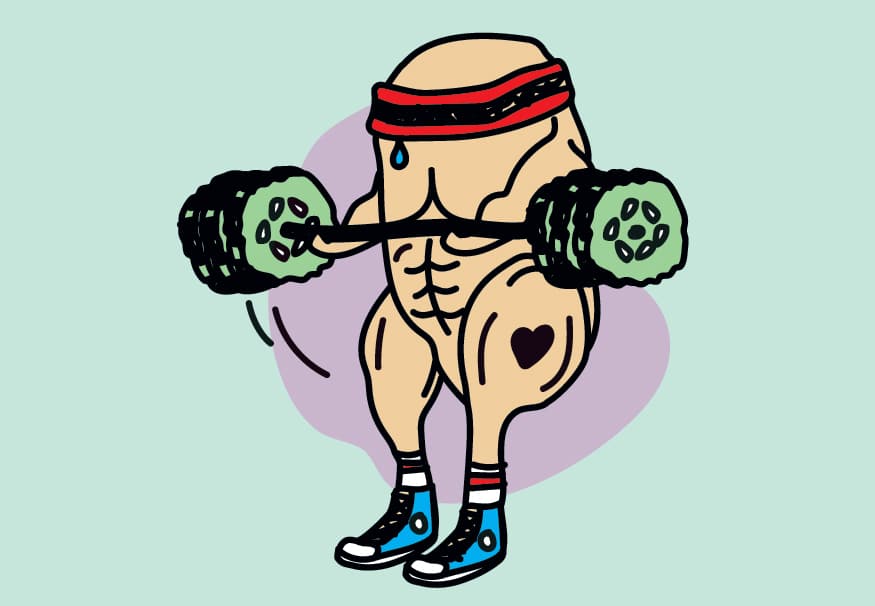
Abs are made in the kitchen, right? There are ongoing statistics about how much of one’s appearance and athletic performance is based on diet versus exercise or training. What is concrete is the fact that quality of fuel in is going to reflect in the quality of structure built and the performance of that structure. If you buy the cheapest fuel for your boat, chances are the gas efficiency and the performance of the engine will be less than that of premium fuel. This is an essential concept when talking about nutrition for athletes.
The problem in the U.S. today is that most people don’t eat real food. Too much of our diets consists of processed or refined food products. The typical diet is full of convenience items, loaded with fast food and on-the-go treats. While some of these things help to make life easier, our bodies internally pay the price. We become overworked and toxic, which takes away from our performance in other areas, like muscular strength and endurance.
Sometimes it takes going back in time and thinking in a more primal way to understand what our bodies were designed to eat. The idea is to follow the menu choices of a caveman. Cavemen were hunters and gatherers. Their bodies evolved to be ready at a moment’s notice to chase down the next meal because food wasn’t always available. They were mentally challenged to plan their ways of attack and other motives for survival. They survived on meat, fish, eggs, vegetables, fruits and nuts. This becomes the basis of nutrition for athletes: lean meats and fish, eggs, vegetables, fruits, nuts and healthy oils.
The benefits are vast. The higher protein intake allows for proper muscle growth and maintenance, the fiber is high to ensure intestinal health, and the omega-3-to-6 ratio is ideal for preventing cardiovascular disease, cancer and diabetes. Real, whole foods offer higher amounts of vitamins and minerals and keep the body’s alkalinity, which wards off kidney disease and muscle loss. Hydration needs to be a main focus, as water plays a part in every physiological process. As athletes, it is important to consume enough calories, depending on your activity level. Plan ahead by making meals and snacks that are easy to eat on the go.







